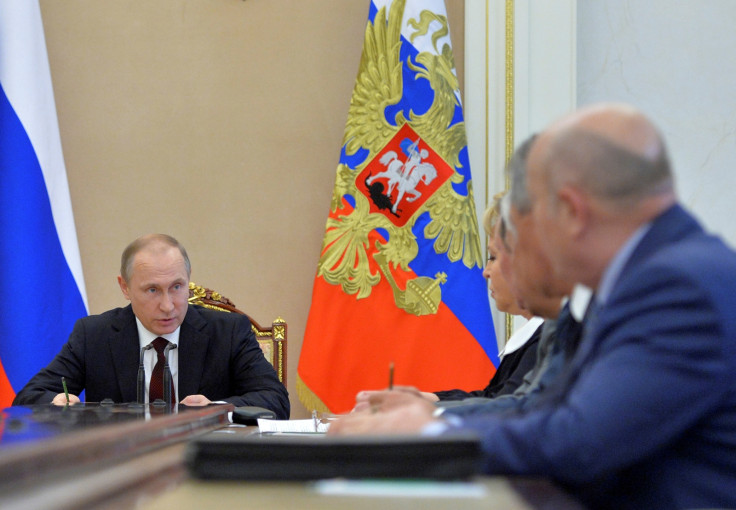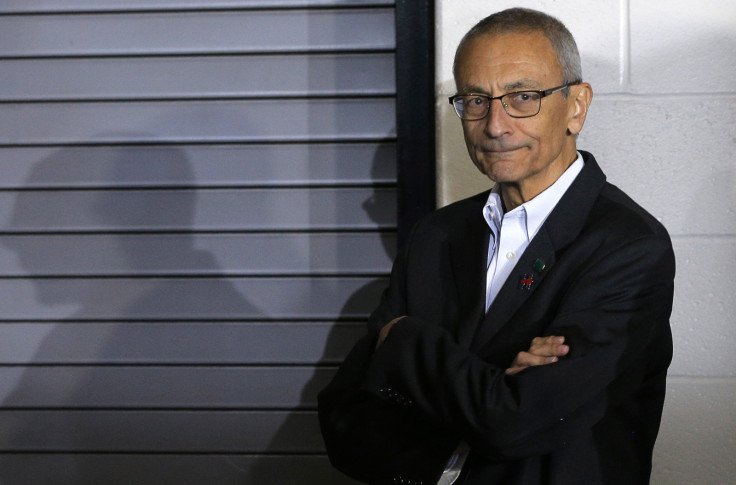US sanctions five Russian officials over human rights violations
They include head of investigations committee and two spies implicated in Litvinenko murder.

The US has announced new sanctions against five Russians just days after a declassified intelligence report said Russian President Vladimir Putin ordered cyber attacks on the Democratic National Committee in hopes of swaying the recent election in favour of President-elect Donald Trump.
Officials told the New York Times that the sanctions are not related to the hacking scandal but rather to a law from 2012 that says the Treasury and Department of Justice must sanction Russians involved in human rights abuses.
The five's US assets will be blocked and they will be blacklisted from travelling to America. Included in the list is Aleksandr Bastrykin, chairman of the investigative committee of Russia and an official known to deal directly with Putin.
Bastrykin has been implicated in the death of Sergei Magnitsky, a lawyer who died in detention, officials said. The 2012 law was named the Magnitsky Act after him.
Two other officials sanctioned are Andrei Lugovoi and Dmitry Kovtun, Russia spies thought to have poisoned fellow Russian spy Alexander Litvinenko in London in 2006.
The list of names sanctioned under the Act this year is said to be particularly heavy, a gauge of how relations between Russia and the Obama administration have soured since the hacking saga unfolded.
Hacking the US election
Allegations that Russia hacked into the emails of the Democratic National Committee first came in October, but it was a leaked report from the CIA in early December that said the hacking had a purpose: to help Trump win the election.
The emails of Hillary Clinton's campaign chief, John Podesta, were released in two batches by the website Wikileaks and seemed timed to try and disrupt the Democratic nominee's campaign – first at the Democratic National Convention, drawing the ire of Bernie Sander's supporters, then just two days before the election itself.

President-elect Donald Trump and his team had been defiant at the findings, calling them "ridiculous" in interviews, but that tone changed in January. Trump is now said to accept the findings that Russia was involved, but denies that there was any effect on the election itself – instead pointing blame at the Democrat's bad cybersecurity.
After some deliberation, the US intelligence community have had their final word. In a report released on 6 January, they said that not only do they believe Russia wanted to influence the election in Trump's favour, but the order came from Russian President Vladimir Putin himself.
President Obama has already retaliated, expelling 35 Russian diplomats from America and closing two Russian compounds while adding that they were not "the sum total of our response to Russia's aggressive activities".
© Copyright IBTimes 2025. All rights reserved.






















